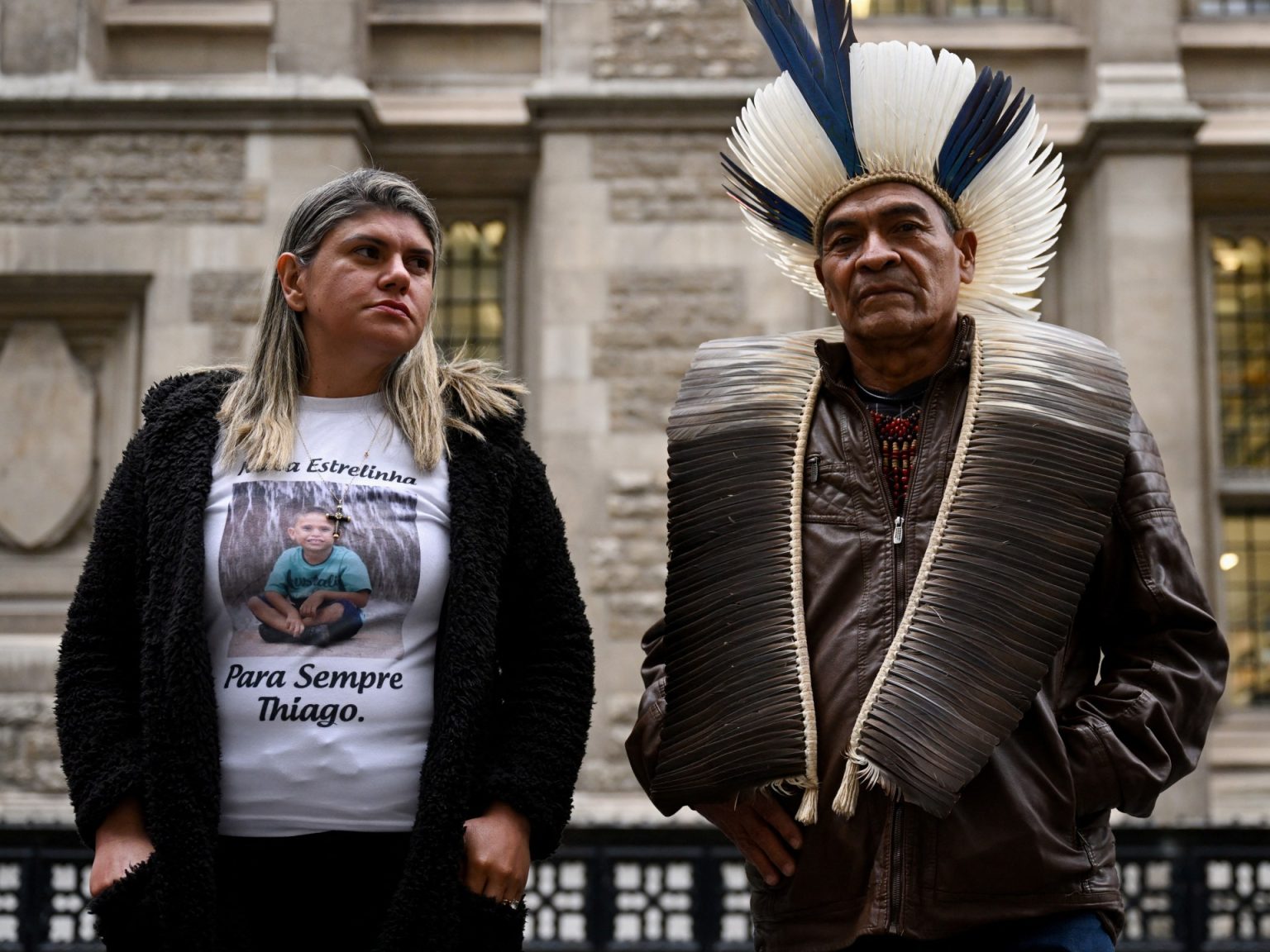The global mining giant BHP is facing potential damages payouts amounting to billions of dollars over Brazil’s worst environmental disaster, which occurred nine years ago when a tailings dam collapsed, releasing iron ore sludge into the Rio Doce. The toxic waste contaminated the river water, leading to the destruction of the ecosystem, the loss of life, and significant damage to the surrounding environment. The class action lawsuit filed in 2018 seeks approximately $47bn in damages, making it one of the largest environmental payouts ever pursued.
The Mariana dam, also known as the Fundao dam, collapsed on November 5, 2015, leading to the destruction of the nearby Bento Rodrigues village and devastating fisheries and forests in the area. As a shareholder in the Brazilian mining firm Samarco, BHP has been implicated in the disaster. The toxic waste from the dam also affected Indigenous communities living along the Doce River, leaving them without access to clean drinking water. The river, considered sacred by the Indigenous Krenak community, still shows signs of environmental damage and has not fully recovered from the incident.
The lawsuit against BHP, filed by over 600,000 individuals, demands fair compensation for the victims impacted by the dam collapse. Internal documents from Samarco revealed that the company was aware of the risks associated with a potential dam collapse, raising questions about the responsibility of BHP and other shareholders, such as Vale. The lawsuit aims to hold BHP accountable for its role as a polluter and ensure that adequate damages are paid to address the consequences of the disaster.
The case was filed in a London court due to concerns about the adequacy of compensation in Brazilian courts and the presence of BHP’s legal entities in the UK. BHP, along with Vale and Samarco, had negotiated a settlement with Brazilian authorities following the disaster, leading to the establishment of the Renova Foundation for the reparation of damages. While a significant amount has been paid out already, the lawsuit seeks additional compensation, citing the ongoing impact of the disaster on the affected communities.
Despite initial dismissals and challenges in the legal process, including delays due to COVID-19 restrictions, the appeals court ultimately ruled that English courts had jurisdiction to hear the case. The involvement of hundreds of thousands of plaintiffs and organisations underscores the scale of the environmental and social impacts of the dam collapse. The trial, set to begin in October 2024, has faced numerous setbacks and delays, highlighting the complexities and challenges of seeking justice and accountability in cases of large-scale environmental disasters.
The lawsuit against BHP over the Mariana dam collapse represents a significant legal battle over corporate responsibility for environmental damage and its impacts on communities. The outcome of the case could have far-reaching implications for how mining companies are held accountable for their actions and the measures taken to address environmental disasters and their aftermath. As the legal proceedings continue, stakeholders will be closely watching the developments and outcomes of the case to assess the future implications for corporate accountability and environmental protection efforts globally.


